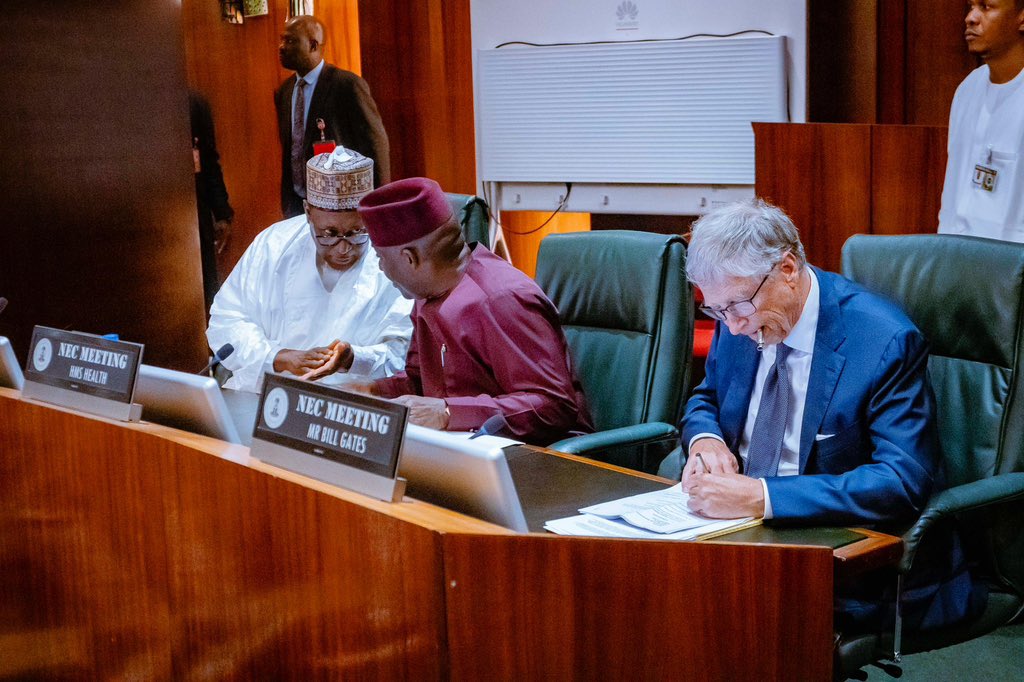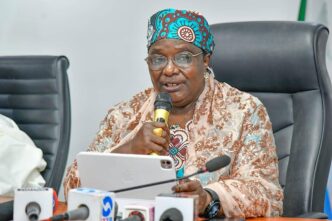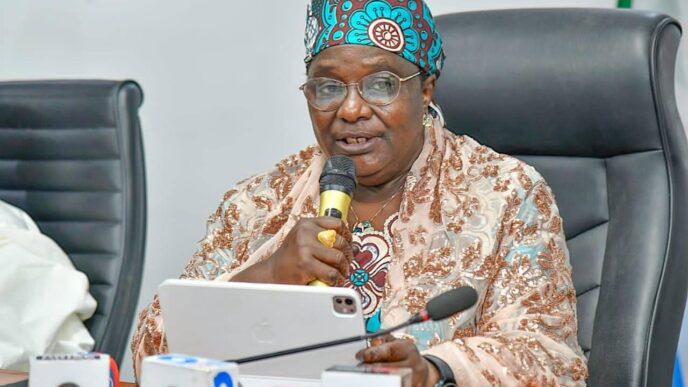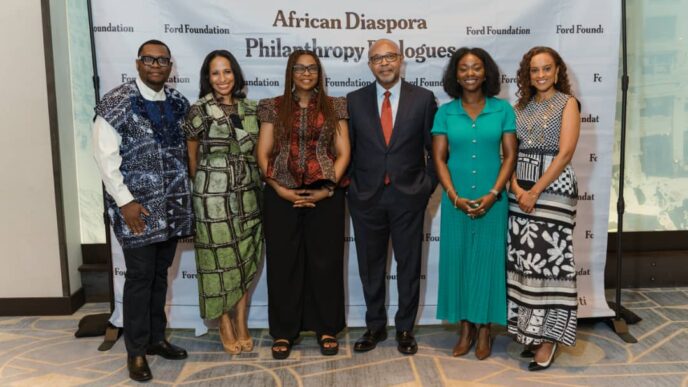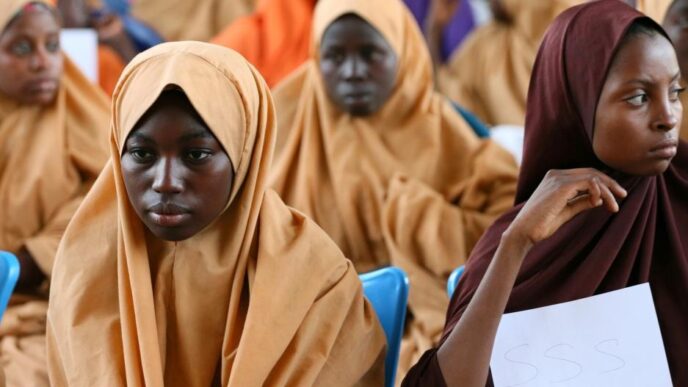Bill Gates, co-chair of the Bill and Gates Foundation, says Nigeria must use data to improve its healthcare services.
Gates spoke on Wednesday when he attended the national executive council (NEC) meeting at the presidential villa in Abuja.
Vice- President Kashim Shettima, the chairman of NEC, presided over the meeting, which is held monthly to deliberate on the coordination of the economic planning efforts and programmes of the various levels of government.
Gates said a lack of a realistic plan will lead to the breakdown of the health systems.
Advertisement
He said Nigeria should recognise the financial constraints and use data to prioritise the services that do the greatest good.
“I understand the ministry of health has begun quarterly performance dialogues with states to review health data. And I strongly encourage you to continue engaging in that process,” Gates said.
“Because health facilities can’t make smart decisions about what services to offer or what medicines to buy without data.
Advertisement
“Patients should be able to go online, click on a map, and see exactly where the facilities are and what services they offer. And when they show up, those facilities should be properly staffed and resourced.
“At the federal level, that means investing in a national independent monitoring system to gather and verify data.
“At the state level, it means using that data in your planning, so you know how many workers to hire, where to send them, and whether the shelves are stocked.
“Data can also help states save money by optimizing your workforce. One promising idea is investing in biometric attendance systems to track absenteeism.”
Advertisement
The foundation co-chair said two decades ago, the world reduced the number of children who die before their fifth birthday through investments in routine immunisation.
He lamented that 2.2 million kids in Nigeria have never gotten a vaccine.
“I think you’ll agree that if children aren’t immunised against deadly diseases, little else matters,” he said.
“Primary care is the first—and sometimes, the only—point of contact most patients have with the health system.
Advertisement
“Yet Nigeria spends just 3,000 naira on primary health care per person, per year.
“Seventy percent of your spending goes to secondary and tertiary care, compared to just 30% for primary care. That ratio should be reversed.”
Advertisement
Add a comment
